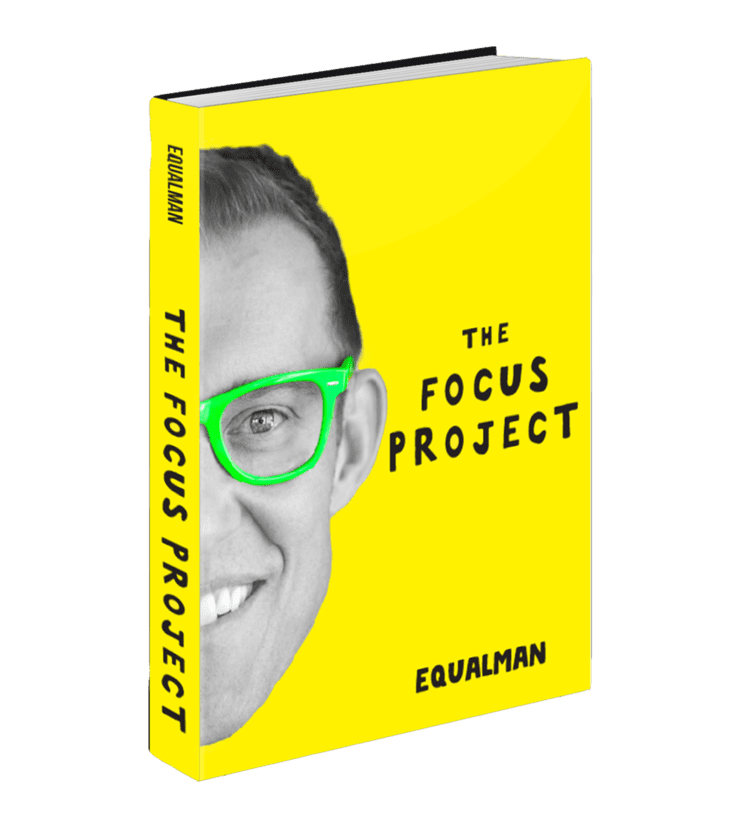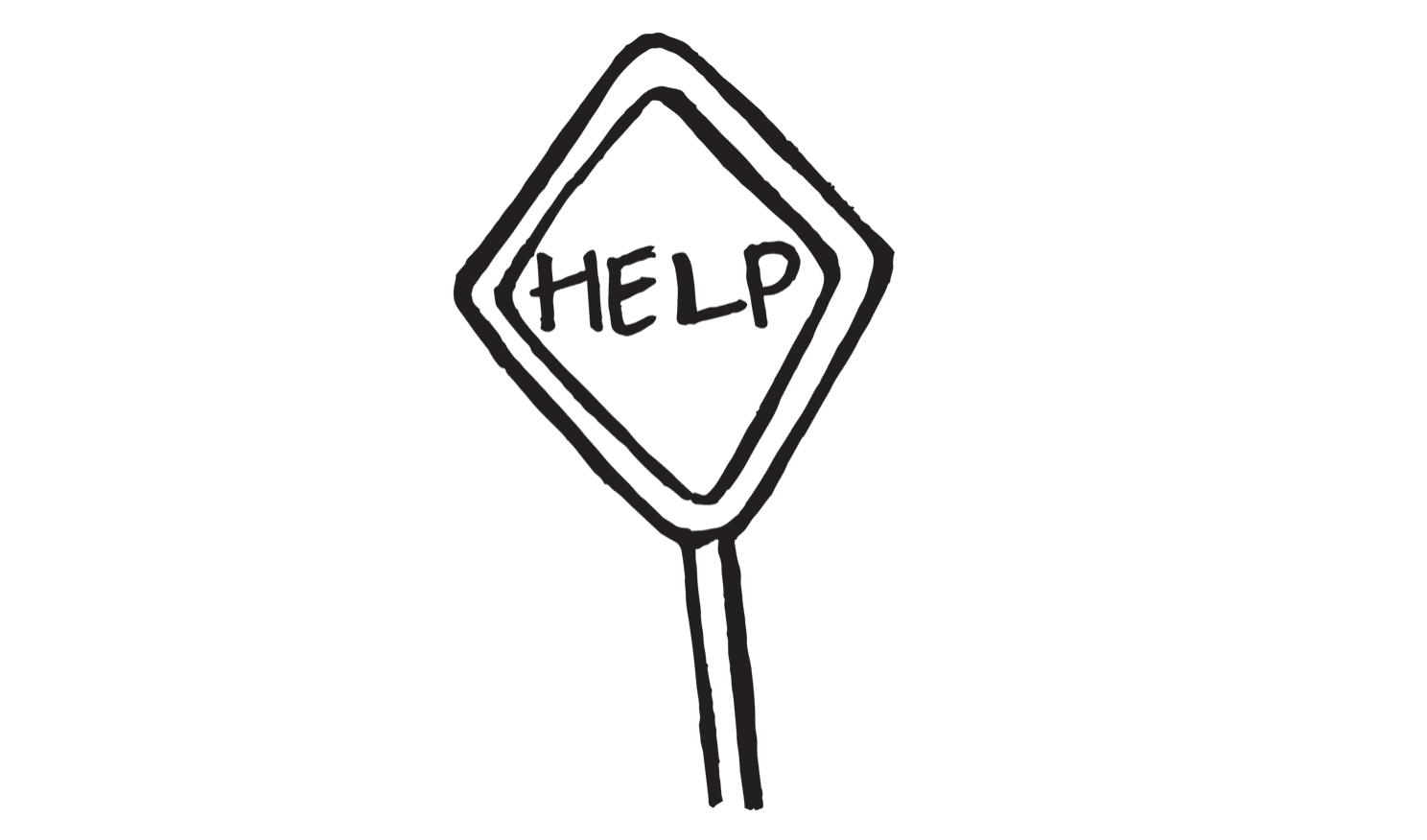Stop Multitasking
“Multitasking, the best way to screw up both jobs.” T-shirt humor or truth? A study at The British Institute of Psychiatry shows that multitasking efforts like checking email while performing another creative task decrease your IQ in the moment by up to 10 points. Now, I’m not certain about you, but I can’t afford to lose ten IQ points! This decrease in IQ is the equivalent of the effects from not sleeping for 36 hours—and has more than twice the impact of smoking marijuana.
The reason? Multitasking is really switch-tasking. Researcher David Meyer, Ph.D., sheds light on this: “People in a work setting, who are on their computers while also having to answer phones and talk with co-workers are doing switches all the time. Not being able to concentrate for, say, tens of minutes at a time means a cost of as much as 20 to 40 percent in lost efficiency.”
Multitasking vs. Switch-Tasking
Instead of parallel processing tasks, our brains are actually switching tasks. Which task is more important—writing this book or listening to the conference call? As our brains switch back and forth between tasks, we lose efficiency. Jordan Grafman, chief of the cognitive neuroscience section at the National Institute of Neurological Disorders and Stroke, explains, “There’s substantial literature on how the brain handles multitasking. And basically, it doesn’t. What’s really going on is a rapid toggling among tasks rather than simultaneous processing.” [Silverman, Rachel, “Workplace Distractions: Here’s Why You Won’t Finish This Article,” The Wall Street Journal, December 12, 2012, on.wsj.com/30zXy8x]
A study by Stanford psychologists Anthony Wagner and Eval Ophir found college students who often juggle many flows of information, such as checking social media, texting, watching videos, studying, and chatting on the phone, perform significantly worse than college students who limit their multitasking.
Multitasking can also have negative long-term effects. People who regularly multitask have more difficulty with tasks requiring working memory and sustained attention than those who rarely multitask. Multitasking leads to attention lapses that, over time, make sustaining attention to any single task more difficult. [Anthony Wagner, PhD, chair, department of psychology, Stanford University, BottomLine and originally published in Proceedings of the National Academy of Sciences]
So, could it be we’ve had it wrong all along? That the reason we multitask is to get more done, yet, ironically enough, multitasking is causing us to get less done? In a word, yes.
How to Avoid ‘Multitasking’
One way to help avoid switch-tasking is to eliminate the number of tasks we have on our to-do lists. Over 70% of us make to-do lists [“Survey Shows Increasing Worldwide Reliance on to do lists,” Microsoft, January 14, 2008, bit.ly/2RkQSXl]. Canadians are most likely to have a list, Americans are most dependent on their lists, and the Japanese are least likely to have a list, but more than half of the country still makes them. Women across the globe are more likely to make a to-do list than men. [Williams, Nicole. “Does Your To Do List Need a Makeover?” LinkedIn, May 22, 2012, bit.ly/2FVjZeI]
The majority of us still prefer to list our tasks on paper. [Williams, Nicole, “Does Your To Do List Need a Makeover?” LinkedIn] One reason we do this is biological. Whenever we cross something off our list we get a free hit of dopamine from our body. Our brain releases dopamine when we accomplish something we desire, whether completing a home-improvement project or winning a game of chess. Dopamine makes us feel good.
By creating small, achievable goals for ourselves on our to-do lists, we can manipulate our dopamine levels into accomplishing goals.
The Biology Behind Dopamine
For example, after Bob finishes organizing his desk at work, he feels a sense of accomplishment and joy as dopamine is released into his system. This feeling drives repeat behavior and encourages Bob to continue keeping his desk clean along with completing other projects on his to-do list. [ Ryback, Ralph,”The Science of Accomplishing Your Goals,” Psychology Today, October 3, 2016, bit.ly/3adEEbD]
However, dopamine also contributes to all kinds of negative addictions. Different people need different pleasures and rewards to get enough dopamine. A food addict’s neurons get activated with the bite of a juicy hamburger, or a sex addict’s dopamine is released when viewing erotic images. Similarly, an alcoholic gets that same rush of dopamine when sipping that first drink. Programmers and Ph.D.s at social media companies are paid millions of dollars to program similar tactics to manipulate dopamine levels within teenagers to get them to stay for hours on their social media platform or application.
Understanding the biology behind it gives us a fighting chance in avoiding the major and minor addictions dopamine can cause.

If this post helped you, please feel free to share with a friend and check out The Focus Project. You can find more blogs like this here.
Now available on Amazon.
For more information on how to focus on what matters most, check out the Super U podcast.






